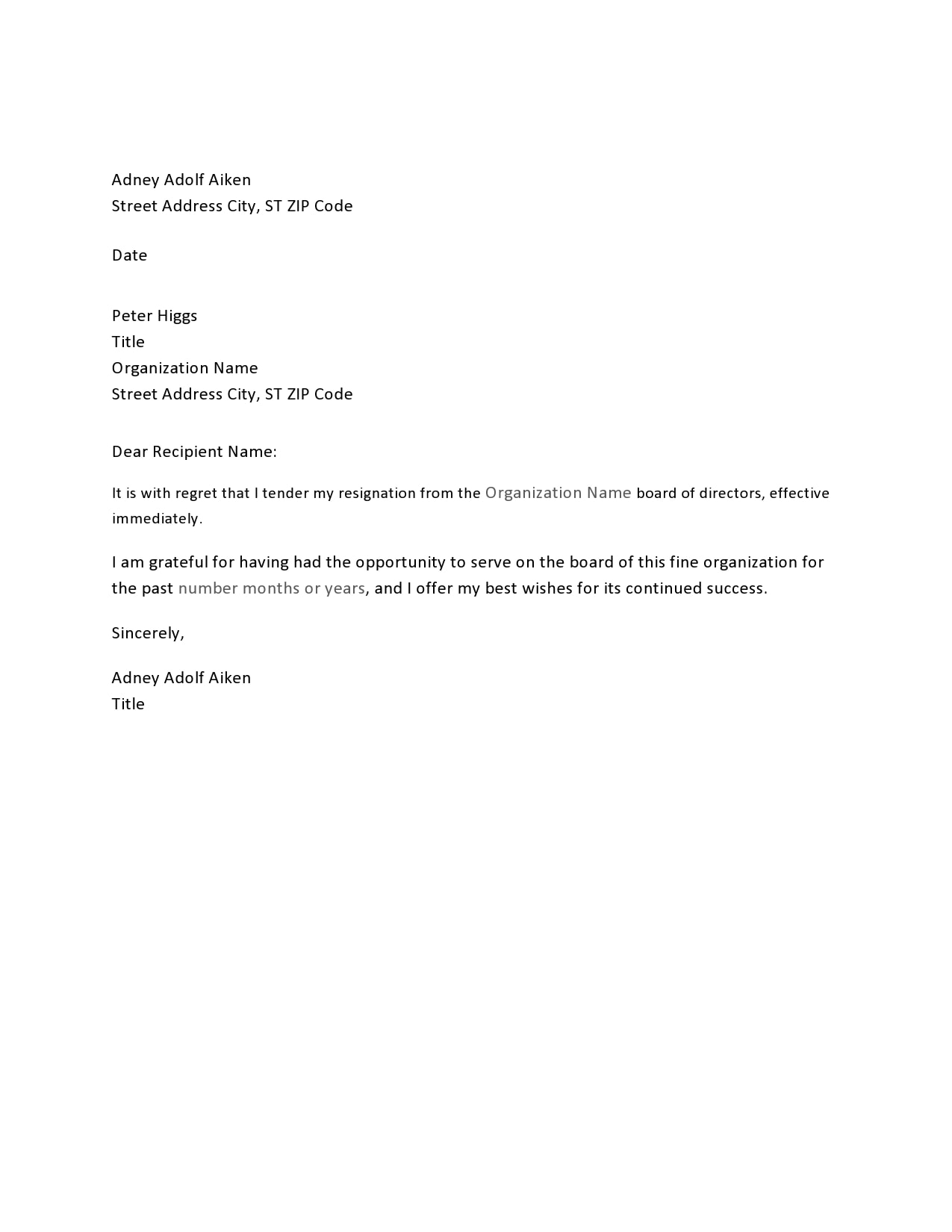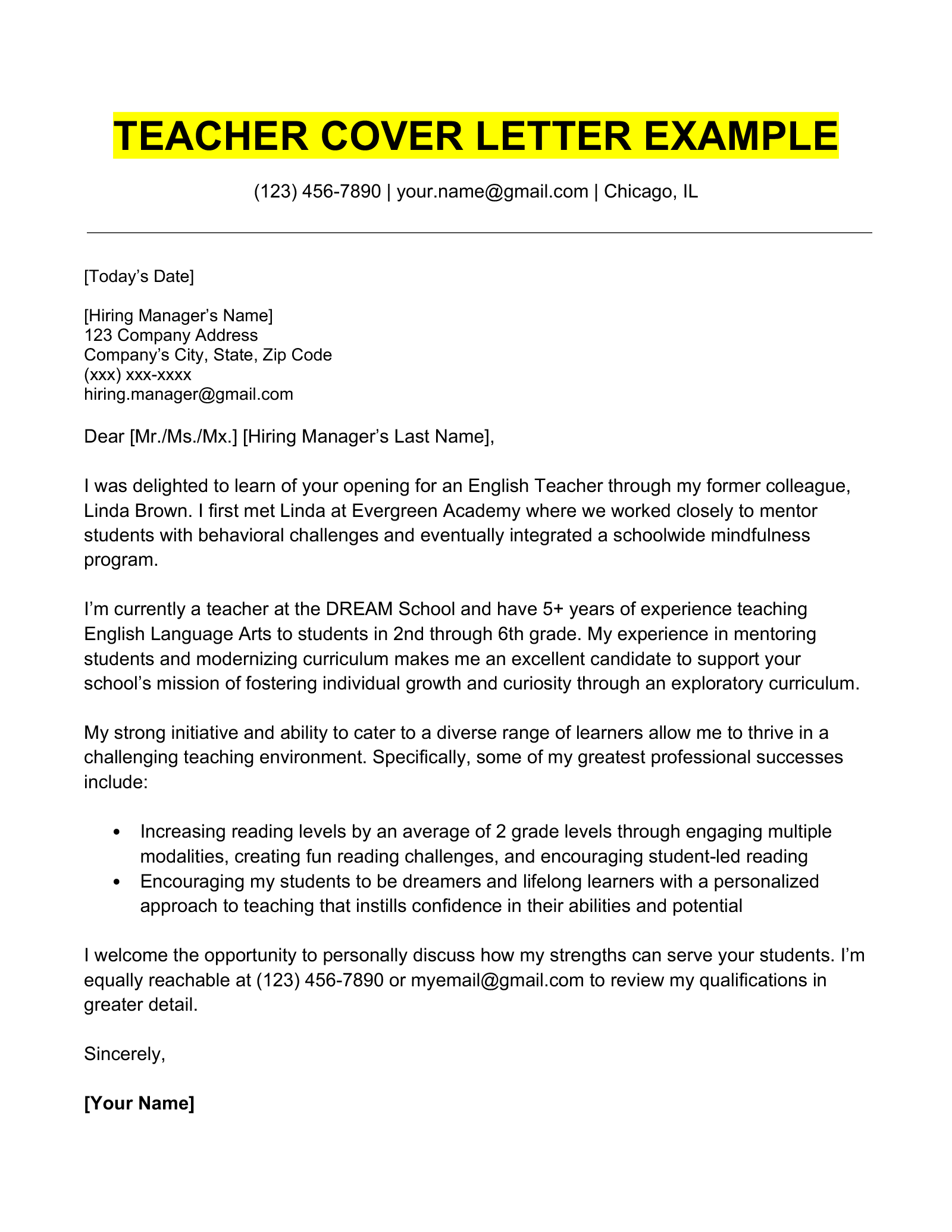Crafting an effective letter to your teacher can feel like navigating a maze, but with the right approach, you can make a positive and lasting impression. By following a step-by-step guide, you can craft a compelling letter that conveys your thoughts and requests clearly and professionally.
Writing a letter to your teacher can be a daunting task, especially if you’re unsure of what to say or how to say it. You want your letter to be clear, concise, and respectful, but you also want to make sure it gets your point across. That’s where this step-by-step guide comes in.
How to Craft an Effective Letter to Your Teacher: A Step-by-Step Guide for Students
Writing an effective letter to your teacher can be a valuable tool for communication and building relationships. By following these steps, you can ensure that your letter is well-written, respectful, and persuasive.

Heartwarming Info About Resignation Letter Effective Immediately Resume – Source stepfeed.doralutz.com
What Is an Effective Letter to Your Teacher?
An effective letter to your teacher is one that is clear, concise, and respectful. It should state your purpose for writing, provide supporting details, and end with a call to action. Your letter should also be free of grammatical errors and typos.
I remember when I was in high school, I wrote a letter to my English teacher asking her to reconsider my grade on a paper. I had worked hard on the paper and was disappointed with the grade I received. In my letter, I explained my reasoning for believing that I deserved a higher grade and provided supporting evidence from the paper. My teacher was understanding and agreed to reconsider my grade. I was so relieved and grateful that I had taken the time to write her a letter.
The History and Myth of an Effective Letter to Your Teacher
The tradition of writing letters to teachers dates back centuries. In the early days of education, students would often write letters to their teachers to ask questions, seek advice, or express their gratitude. Today, students still write letters to their teachers for a variety of reasons.
There are many myths and misconceptions about writing letters to teachers. Some people believe that letters are only for complaining or asking for favors. However, this is not true. Letters can be used for a variety of purposes, including:
- Asking questions
- Seeking advice
- Expressing gratitude
- Sharing ideas
- Building relationships

A good bye card to a fellow teaching assistant. Creative streak- I knew – Source www.pinterest.co.uk
The Hidden Secret of an Effective Letter to Your Teacher
The hidden secret of an effective letter to your teacher is to be yourself. Don’t try to be someone you’re not. Be honest and genuine in your writing. Your teacher will appreciate your authenticity.
Here are some tips for being yourself in your letter:
- Write in your own voice.
- Don’t use formal language unless it’s necessary.
- Share your thoughts and feelings honestly.
- Be respectful, even if you disagree with your teacher.
Recommendation of an Effective Letter to Your Teacher
If you’re not sure how to start writing a letter to your teacher, here are a few recommendations:
- Start by brainstorming what you want to say.
- Make an outline of your letter.
- Write a rough draft.
- Revise and edit your letter.
- Proofread your letter carefully before sending it.
By following these recommendations, you can write an effective letter to your teacher that will get your point across clearly and respectfully.

What Are The Key Traits Of An Effective Teacher? – Source duanvanphu.com
How to Write an Effective Letter to Your Teacher: A Step-by-Step Guide
Now that you know the basics of writing an effective letter to your teacher, let’s take a closer look at the steps involved:
- Start with a salutation.
- State your purpose for writing.
- Provide supporting details.
- End with a call to action.
- Proofread your letter.
Tips for Writing an Effective Letter to Your Teacher
Here are a few tips to help you write an effective letter to your teacher:
- Be clear and concise.
- Use respectful language.
- Be specific.
- Be organized.
- Proofread your letter carefully.

Formal Letter Format To A Teacher – Source ar.inspiredpencil.com
How to Write an Effective Letter to Your Teacher: A Step-by-Step Guide
Writing an effective letter to your teacher can be a valuable tool for communication and building relationships. By following these steps, you can ensure that your letter is well-written, respectful, and persuasive.
Fun Facts About an Effective Letter to Your Teacher
Here are a few fun facts about writing letters to teachers:
- The average length of a letter to a teacher is one page.
- The most common reason for writing a letter to a teacher is to ask a question.
- Letters to teachers are often used to build relationships and rapport.
How to Craft an Effective Letter to Your Teacher: A Step-by-Step Guide
Crafting an effective letter to your teacher requires careful consideration and attention to detail. Here’s a comprehensive guide to help you write a well-structured and impactful letter:
- Begin with a Formal Salutation: Start your letter with a respectful salutation, such as “Dear Mr./Ms. [Teacher’s Name].”
- State Your Purpose Clearly: In the first paragraph, state the primary reason for writing the letter. Be specific and concise, outlining your intended outcome.
- Provide Supporting Details: In subsequent paragraphs, elaborate on your purpose by providing supporting information. Use specific examples or anecdotes to illustrate your points.
- End with a Call to Action: Conclude your letter by summarizing your request or suggestion. Politely ask for the teacher’s assistance or consideration.
- Use Formal Language and Tone: Maintain a professional and respectful tone throughout your letter. Avoid slang or informal language, and use correct grammar and punctuation.
- Proofread Carefully: Before sending your letter, proofread it thoroughly for any errors in grammar, spelling, or formatting.
- Does your teacher have a policy about letters? Some teachers prefer not to receive letters from students outside of class time.
- Is your request reasonable? Don’t write a letter to your teacher asking for something that you know they can’t give you.
- Are you prepared to accept the consequences? If you write a letter to your teacher asking for something that they don’t want to give you, they may be less likely to help you in the future.
- Be clear and concise.
- Use respectful language.
- Be specific.
- Be organized.
- Proofread your letter carefully.

Resignation Letter Effective Immediately Best Of 5 Resignation Letter – Source www.pinterest.co.uk
What If an Effective Letter to Your Teacher
What if you’re not sure whether or not you should write a letter to your teacher? Here are a few things to consider:
Listicle of an Effective Letter to Your Teacher
Here is a listicle of tips for writing an effective letter to your teacher:

How to Write a Professional Teacher Resignation Letter – Source www.pinterest.com
Question and Answer About How to Craft an Effective Letter to Your Teacher
Here are some frequently asked questions about writing letters to teachers:
Q: How long should my letter be?
A: Your letter should be long enough to get your point across, but short enough to keep the teacher’s attention. A good rule of thumb is to keep your letter to one page.
Q: What should I do if I don’t know what to say?
A: If you’re not sure what to say, start by brainstorming what you want to achieve with your letter. Once you know what you want to say, you can start writing.
Q: What should I do if I’m